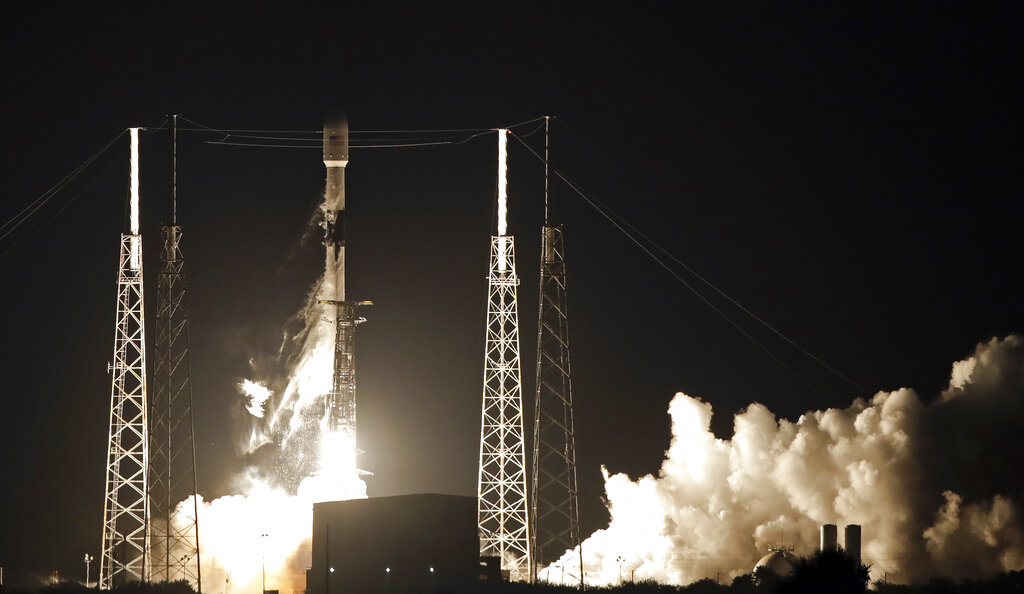Elon Musk recently announced that his Starlink satellite network, currently being made available for Ukraine, will severely restrict access to the Ukrainian military after a breach of its terms of service, but what does that mean in practice?
The Starlink terminals ensure Ukrainian soldiers have a stable and fast Internet connection, even in places like Chassiv Yar, where large parts of the infrastructure have been bombed by Russian troops.
“Starlink is one of the most important tools we have in this war,” Bogdan Borodai of the Ukrainian 24th battalion said. “If that goes away now, it would be a slap in the face.”
The soldier’s concern has a recent backdrop. In early February, SpaceX announced it would restrict the Ukrainian military’s use of Starlink to control drones. SpaceX President Gwynne Shotwell told reporters the communication system was “never intended to be a weapon,” but only to provide humanitarian communication support. In total, there are now said to be more than 20,000 Starlink terminals in Ukraine, almost a fifth of which the company provided free of charge.
Olga Boichak, a lecturer in digital culture at the University of Sydney, fears devastating consequences for Ukraine if Starlink is curtailed. “SpaceX’s decision to shut down the service for its Ukrainian users at a time when they need it most is likely to take a catastrophic human toll,” she told Germany’s Die Welt newspaper.
The Ukrainian military needs high-speed internet to coordinate maneuvers, including the transmission of aerial photographs, she said. This currently makes Starlink a centerpiece of Ukraine’s communications infrastructure.
“Disabling the equipment would directly sabotage Ukraine’s defense efforts and make the country’s population more vulnerable to Russia’s atrocities.” The people of Ukraine should no longer let a private technology company decide their fate,” she said.
Problems with Starlink connection
According to Die Welt research on the ground in Bachmut, the use of the terminals is currently already experiencing increased disruptions.
“We’ve had a massive problem with Starlink for about a week,” said Oleksiy, commander of a unit within the 93rd Brigade. According to him, it looks like the speed has been throttled. Front-line communication with the command center, which was dependent on the portable devices, was partially interrupted, he said. Two other soldiers in Bakhmut and Chassiv Yar, who work with Starlink, told Die Welt about problems. It currently takes much longer to establish a connection at all.
Boichak considers SpaceX’s rationale for restricting terminals in Ukraine hypocritical. “While SpaceX positions itself as a technology for civilian use, the company was recently involved in a cooperative research and development agreement with the U.S. Department of Defense.” This involved the study and testing of Starlink applications on the battlefield.






